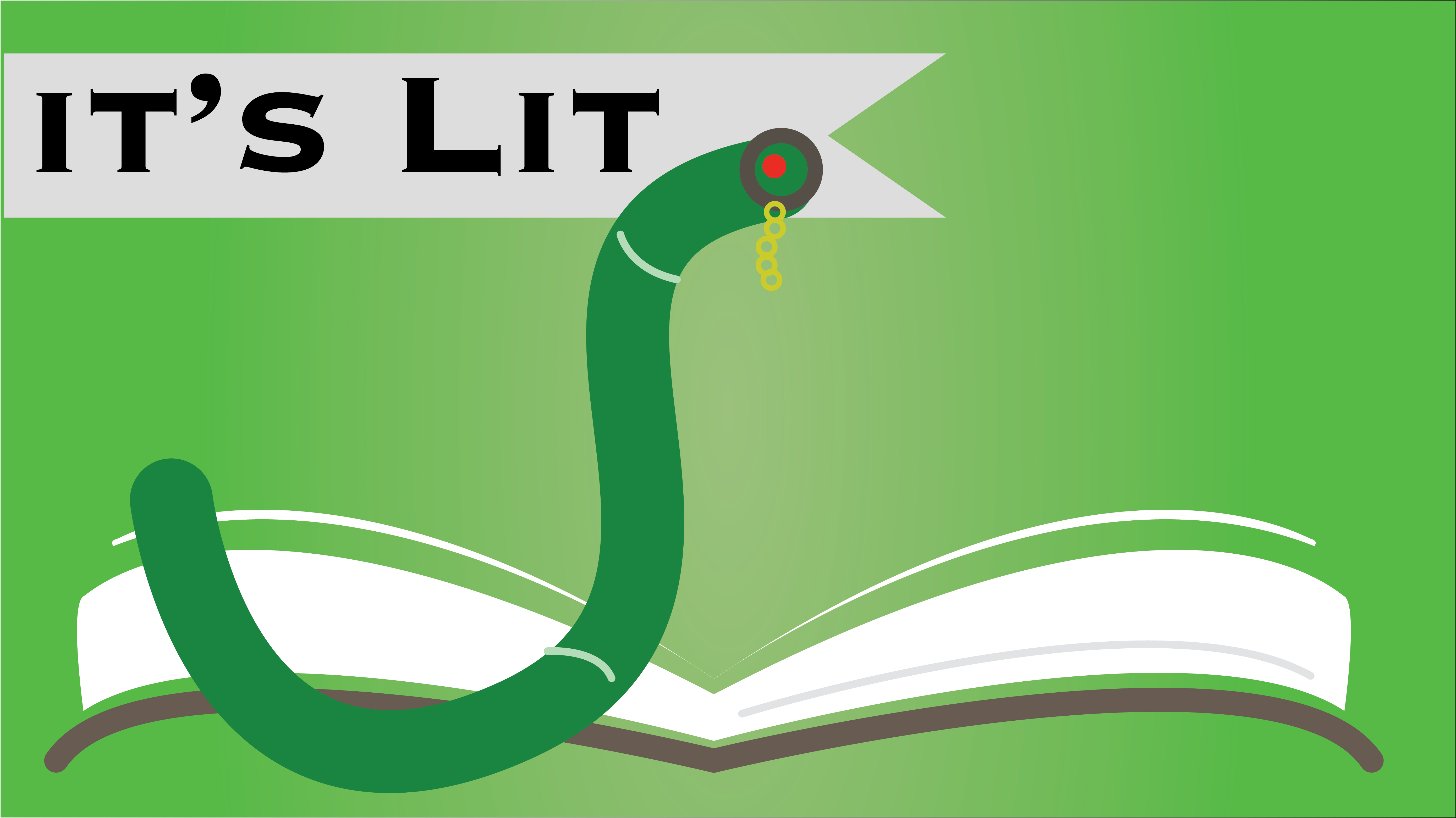
Wives share their stories in Carol Ann Duffy’s poetry collection
By: Chloë Williams, Columnist
“The World’s Wife” is the sixth collection of poems from Scottish poet Carol Ann Duffy. She was the United Kingdom’s poet laureate from 2009 until 2019, and has published several books of poetry, children’s books, and plays.
This 1999 collection, however, is quite exceptional due to its particular theme and lens. “The World’s Wife” features 30 poems written from the perspective of the wives and female relations of famous literary writers and characters.
We are shown the world of their husband’s through the eyes of Anne Hathaway, the Devil’s Wife, Mrs. Midas, and Queen Kong. Each has their own secret grievances to spill onto the page. This collection toys with playfulness, but demands to be read attentively and taken seriously for all its fairy-tale speakers.
This selection is a great read from seasoned poetry fans, as well as an ideal collection for new readers, especially those who are already avid readers of literature.
Setting the content aside for a moment, one cannot address Duffy’s work without acknowledging her mind-tingling style of writing. Each word holds its own, and drips with heavy significance.
After an initial read, this work demands its reader’s examination and slow appreciation. This is a collection to read lovingly. When put together, her poems have vivacity from their verbiage and structure. Each poem creates its own world for the reader to explore.
Duffy explores with formatting, giving mini fairy tales, quick quips, and sonnets. Her words beg to be read aloud, guiding the speaker through their flowing pacing. Each end of the stanza is a cliff, demanding the reader to dive off and plunge into the next line. The reader escapes the page and exists only in the words. Duffy presents a fine example of the most basic foundation of poetry: playing with language.
Delving into the poem “Anne Hathaway,” Duffy writes Anne’s response to her husband William Shakespeare leaving her his “second best bed.” Of course, this poem is written in the sonnet form as a homage to the playwright, but Anne’s words are all her own in this fictional reply.
This love poem is simple and sweet, yet yearns with a longing distance. William is close in memory, but is “now echo,” his words are what remain. There is a chaste desperation in Anne trying to capture her husband within his own medium. Her exquisite language mirrors the rich worlds of her husband’s imagination: “My lover’s words/ were shooting stars which fell to the earth as kisses[…]” This poem demonstrates a deepness in their physical and emotional relationship, yet presents an inescapable dissonance at their core.
The poem “Mrs Midas” begins in the domestic space and expands out into the world of fantasy. These two environments fight for control within the headspace of Mrs. Midas. Duffy is able to take the fantastical story of the Midas Touch and condense it into the realm of reality.
Mrs Midas responds how any companion would- she is scared, she needs space, she is intrigued, in disbelief. While King Midas is enjoying his wish come true of turning anything he touches to gold, Mrs Midas is perseverating on the fate of their relationship. Though she can be wealthy and want nothing, she has been stripped of her ability to have a physical relationship with her husband.
Duffy humanizes both of their characters, presenting the real problems rather than glorifying the result of the wish. What was such a blessing the husband is a curse to the wife. She notes, “What gets me now is not the idiocy or greed/ but the lack of thought for me. Pure selfishness.” While in the original legend, it takes Midas a while to figure out the true cursed nature of his wish, Mrs. Midas knows right away the consequences of such a frivolous desire.
In “Queen Kong” a female monster finds a lover in a documentarian visiting her island. She is abandoned and alone until he makes her the star of his show. But when he leaves, he must be found. And when he dies, Queen Kong says, “I wear him now about my neck,/ perfect, preserved, with tiny emeralds for eyes.”
There is something morbidly glorious about the description of this draped man, worn like a trophy around the neck of the prize he tried to steal. When he thought he could love and leave, she follows and conquers. No longer does the reader find themselves within a familiar monster story, but between the pages of feminine triumph.
Medusa is maddened, Mrs Faust abandoned, and Mrs Icarus, in a word? Embarrassed. Within the pages lie the unfiltered opinions of literary women who never got a chance to speak their mind.
How did tragedy, death, and a husband gone insane really affect these women forced to the sidelines, forgotten, or unwritten? Duffy gives them plenty of words to speak. I give “The World’s Wife” a four out of five stars for overt originality, page-turning quality and theme, and an intoxicating style.
4/5 stars

